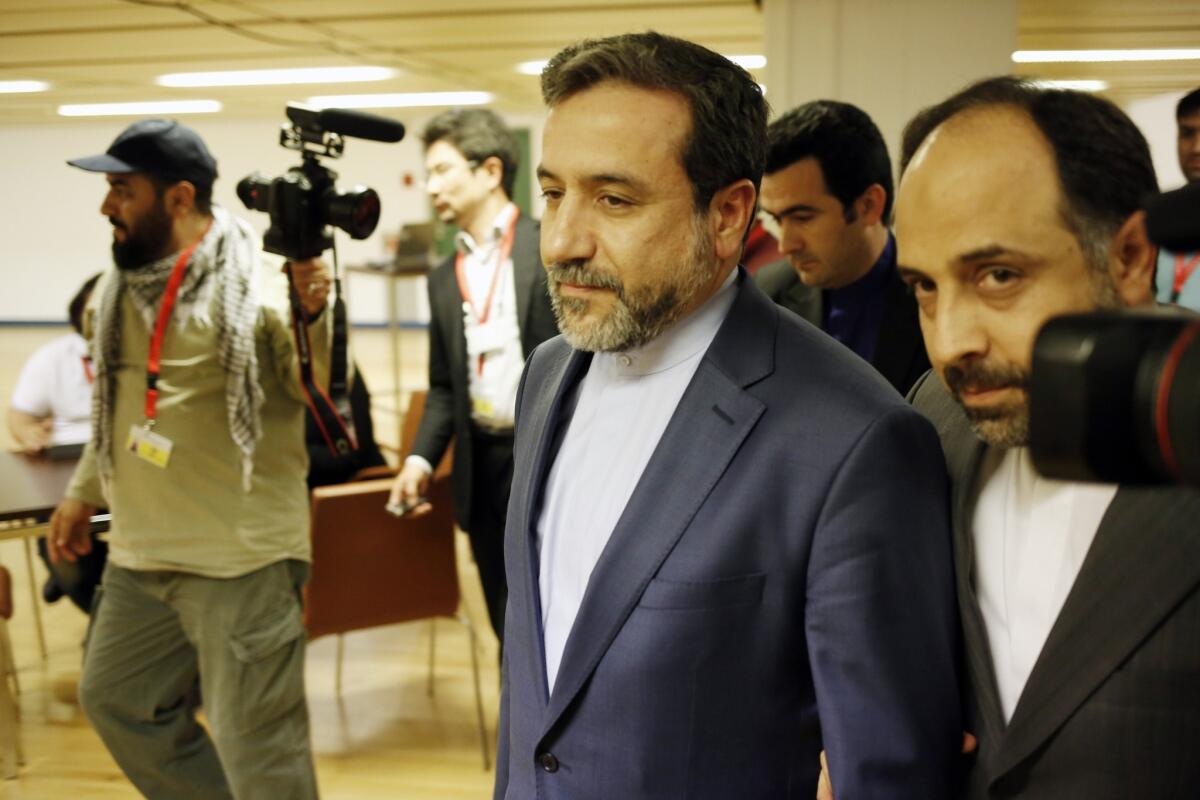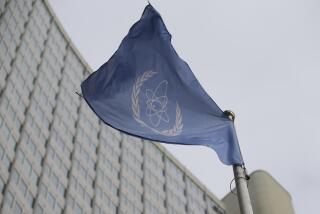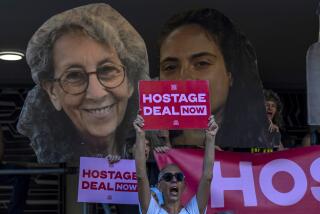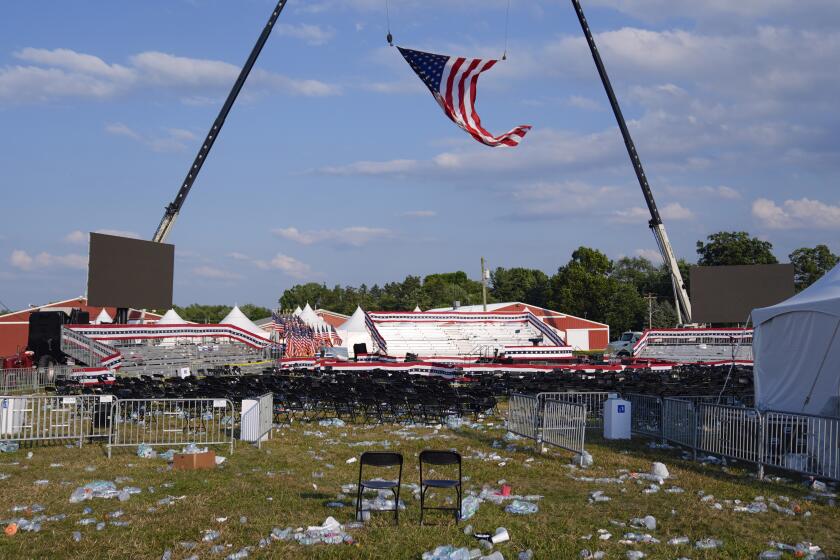Little progress seen as Iran nuclear talks adjourn

A crucial round of international negotiations over Iran’s nuclear program ended abruptly Friday with Western diplomats acknowledging they had made less headway than they had hoped and complaining that Iran is holding up their effort to seal a historic deal in the next nine weeks.
After three days of negotiations, diplomats for Iran and six world powers found themselves “at a moment of great difficulty,” said a senior U.S. official, who declined to be identified under ground rules set by the administration.
“Significant gaps remain,” the official added. “There needs to be more progress and it needs to come more quickly.”
Breaking a tradition in the talks, the European Union’s foreign policy chief, Catherine Ashton, and Iranian Foreign Minister Mohammad Javad Zarif left Vienna without making a closing public statement. The chief U.S. negotiator, Undersecretary of State Wendy Sherman, also left as soon as the meetings ended Friday afternoon.
Iran and six major world powers are trying to reach a deal under which Iran would accept limits on its nuclear program in exchange for an easing of the crushing international sanctions on its economy. The six governments want to prevent Iran from attaining a nuclear weapons capability, a goal the Iranians insist they do not have.
In recent months of negotiations, Iran and the six powers have shown that they are serious about getting a deal after a decade of rancorous disputes. This week’s sessions were a key encounter, because the negotiators were beginning to actually draft the text of the deal after four months of preliminaries.
But U.S. officials began the week insisting that widespread optimism about a deal was unjustified. The apparently halting progress this week suggests they knew a slowdown was likely.
The two sides are still divided by a wide gap on the fundamental issues. The Iranians remain uncomfortable with the Western goal of allowing them only enough nuclear capacity as they need for power generation purposes and limited nuclear research.
Nor do they like the Western goal of setting curbs to extend the time it would take them to gain bomb-making capability by racing to accumulate enough enriched uranium for one weapon.
Despite the setback, Western officials insisted the slowdown was expected as the two sides grapple with the key issues. The U.S. official insisted the diplomats are still focused on reaching a deal by the target date of July 20.
Iranian officials were even more direct.
“We have not had any progress,” said an unidentified Iranian official quoted by the conservative news agency Fars News. “We have disputes in all fields.
Deputy Foreign Minister Abbas Araqchi told the agency: “The disputes are serious. The disagreements are many.”
Special correspondent Ramin Mostaghim in Tehran contributed to this report.
More to Read
Sign up for Essential California
The most important California stories and recommendations in your inbox every morning.
You may occasionally receive promotional content from the Los Angeles Times.










